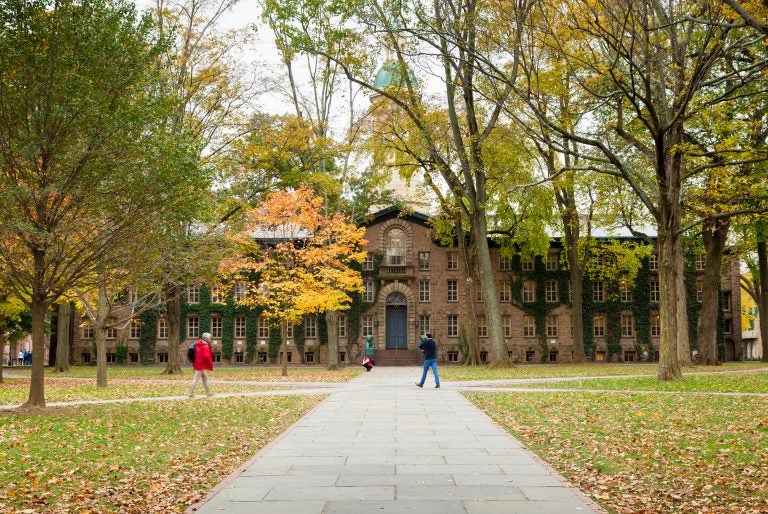New Jersey targets growing student debt with new reforms
The laws are meant as safeguards for students across New Jersey who are taking on growing financial burdens to attain advanced degrees.

(Erin Cadigan/BigStock)
Two new laws in New Jersey will help students compare college costs more easily and protect them from potentially unfair lending practices.
Officials say the laws are meant as safeguards for students across the state who are taking on growing financial burdens to attain advanced degrees.
“My parents have instilled in me and my two younger sisters that education is the key to success,” said Axel Esquivel, a rising senior at Seton Hall University. “In order to give me a chance at a college education, they made many sacrifices. For that reason, transparency and cost is of utmost importance for us and many other students alike.”
More than 1 million New Jersey students have a combined $36.5 billion in federal student loan debt, according to the Office of Federal Student Aid.
One of the new state laws creates the position of student loan ombudsman, who will monitor lending practices and step in when it is believed students are being treated unfairly.
“All too often, the lack of fair customer service from these companies has driven borrowers further into debt, delinquency, and default, instead of offering the help they need to stay on track and repay their loans,” said Lt. Gov. Sheila Oliver, who signed the bills while Gov. Phil Murphy was on vacation.
The other law forces New Jersey colleges and universities to explain costs more clearly to students, using a standardized “shopping sheet.” State officials say students will be able to compare prices at multiple institutions more easily.
“This format clearly tells every student the total cost of attending college and then subtracts from that figure the grants and scholarship aid the student will receive. That’s the money the student doesn’t have to pay back. The resulting calculation is the net cost,” said David Socolow, executive director of the New Jersey Higher Education Student Assistance Authority.
WHYY is your source for fact-based, in-depth journalism and information. As a nonprofit organization, we rely on financial support from readers like you. Please give today.




